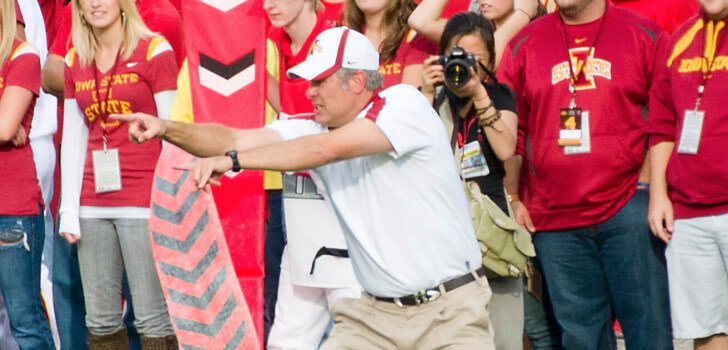Loud, sideline yelling sports coaches are vulnerable to both short-term and long-term damage to their vocal cords. Although all coaches fall into this category, it seems as if U.S. college basketball coaches do more yelling than coaches of other sports. It doesn’t make a difference if their players are a few feet away or at the other end of the court.
Dr. Michael Pitman, a laryngology system leader for New York’s Mount Sinai Health System says, “When you’re screaming, that trauma becomes really intense. So the vocal cords start to swell and inflame. Usually, it’s just a temporary thing that goes away. But sometimes, as the vocal cords try to repair themselves – and you strain and push your voice even harder – that’s where you get into a vicious cycle of vocal decompensation. The more you try to compensate, the more damage you do.”
Some coaches try to protect their voices with daily cups of herbal teas and salt water gargles before a game, while others suck on Life Savers and cough drops during the game. The coach of Louisville, Rick Pitino uses a microphone connected to the gym’s public-address system during practices. He has been experiencing vocal cord pain for 20 years.
Buzz Williams coach at Virginia Tech says, “It’s not just the games. It’s the daily abuse to your voice, in practices, film sessions and then games. It’s the totality of the toll of being a coach.”
Coaches seem to know that they are doing damage to themselves, but say they do not have many alternatives. The stadium noise makes it almost impossible to talk in a normal voice even during timeouts. Between fans yelling, thumping arena music and public-address announcers, there’s too much competition to be heard.
The vocal cords of an average man vibrate 110 to 115 times per second, while for women it is 200 times per second. When someone yells, it increases the collision forces between the vocal folds, resulting in greater trauma to the tissue.
With the college basketball season now riding on average six months with an average of 30 games per team, regardless of whether they make it to the NCAA playoffs, the vocal cords of coaches are now taxed more than ever. This means many coaches are doing permanent damage to themselves over the course of their careers. Dr. Pitman says there is a need to find an overall solution, apart from the individual methods adopted by various coaches,
Dr. Pitman recommends coaches enroll in vocal training or see a doctor to learn better voice projection techniques.
Stay Connected